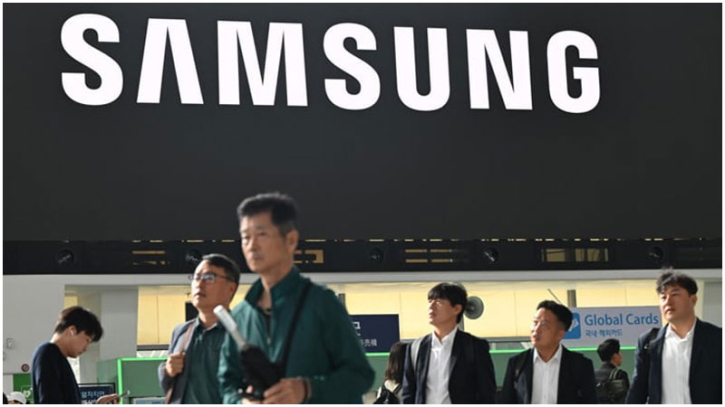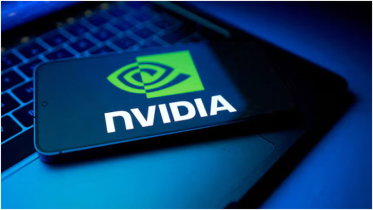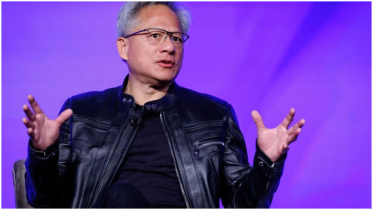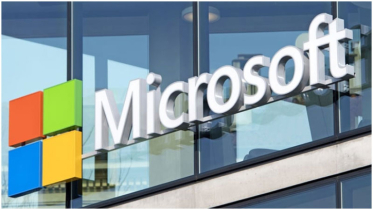Samsung Q3 profits jump 32% in as AI boom drives chip demand

Samsung Electronics reported a 32 percent year-on-year rise in third-quarter profits on Thursday, fueled by surging global demand for memory chips used in artificial intelligence (AI) technologies.
The South Korean tech giant — one of the world’s leading chipmakers alongside SK hynix — said its operating profit reached 12.2 trillion won (US$8.5 billion), marking a sharp rebound from last quarter’s slump when U.S. restrictions on AI chip exports to China weighed heavily on results.
“Operating profit increased to 12.2 trillion won, with the Device Solutions (DS) Division reporting a 19 percent quarter-on-quarter sales rise, led by record-high quarterly sales in the Memory Business,” Samsung said in its earnings statement.
The company’s smartphone division also performed strongly, posting an 11 percent revenue increase from the previous quarter, driven by the successful launch of new foldable models and steady flagship sales.
Looking ahead to the fourth quarter, Samsung expects “the rapid growth of the AI industry” to create fresh opportunities across both its chips (DS) and devices (DX) divisions.
The AI boom has boosted demand for both traditional NAND and DRAM memory chips as well as high-bandwidth memory (HBM) chips, which are critical for AI servers. To meet this growing demand, Samsung plans to invest 40.9 trillion won in semiconductor facilities this year.
“The DS division will focus on transitioning to advanced processes and strengthening production lines for high-value products,” the company added.
Following the announcement, Samsung’s shares surged more than five percent in early trading, reaching a record 105,800 won within the first half-hour of market opening.
“This quarter’s performance clearly reflects the ongoing memory market boom,” said Hwang Min-seong, research director at Counterpoint Research. “Samsung has significantly narrowed its gap with SK hynix in DRAM, and if this momentum continues, it could reclaim DRAM leadership as early as next quarter.”
DRAM chips, which temporarily store data, are essential components in computers, smartphones, and AI systems.
Samsung’s stock has gained over 90 percent so far this year, buoyed by optimism surrounding the AI sector. In July, the company signed a $16.5 billion deal with Tesla to supply AI6 chips through 2033 — a move expected to strengthen its position in the competitive semiconductor market.
The agreement is also seen as a major lift for Samsung’s foundry business, where it has been trailing behind SK hynix and Taiwan’s TSMC in producing cutting-edge AI chips.
.png)




